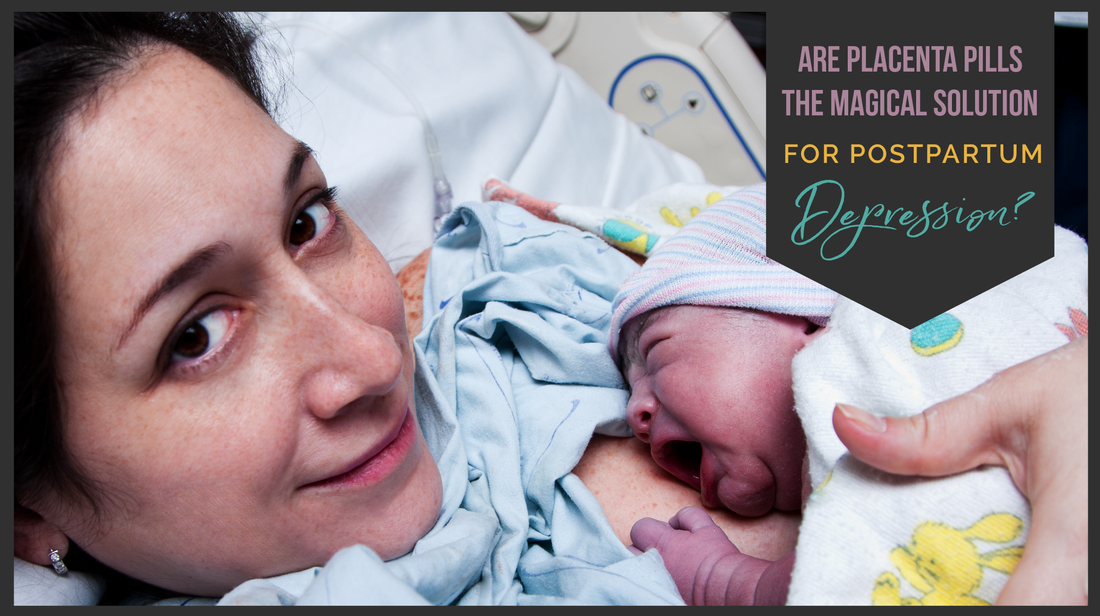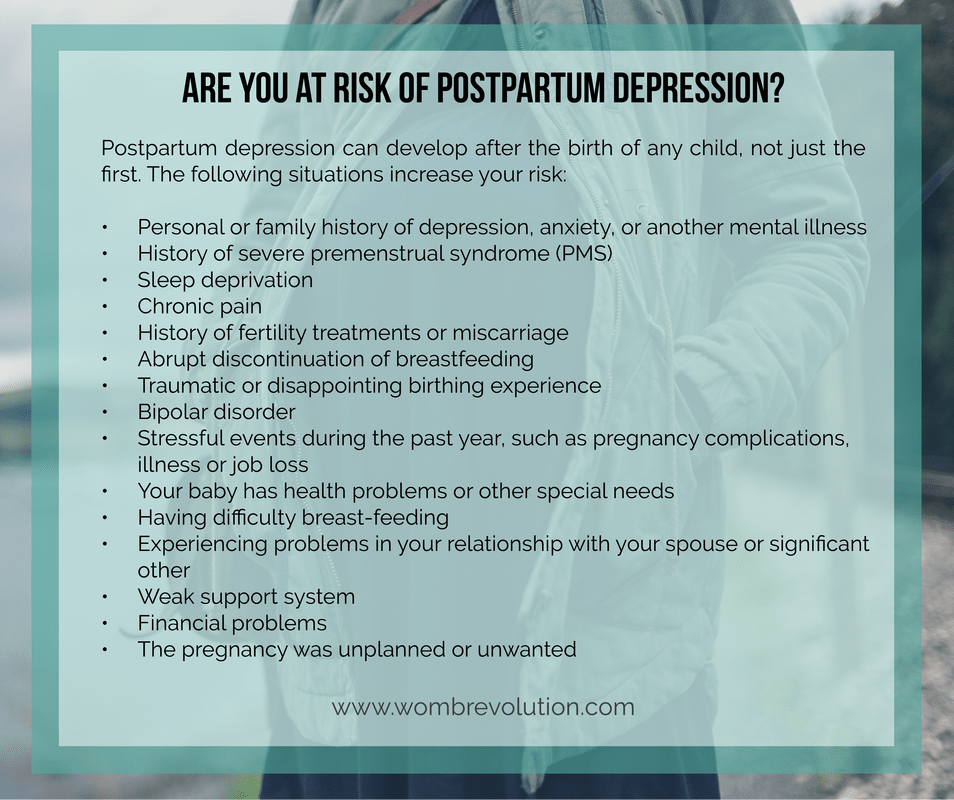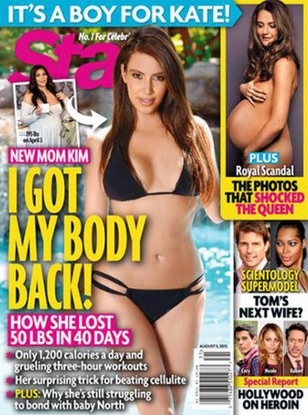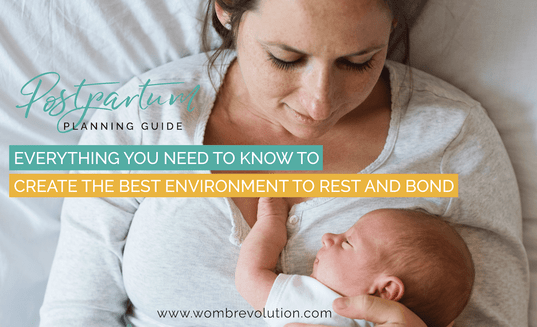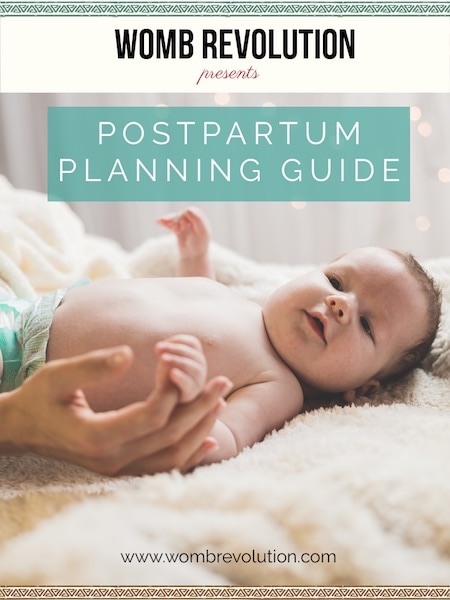Celebrity buzz has certainly contributed to make this practice more mainstream. Nowadays more and more people are trying it out and sharing their experiences.
Consuming placenta is nothing new. Traditional Chinese Medicine has been using placenta medicine for more than 2000 years. In this tradition (and some others around the world) placenta is considered a powerful medicine that can help you replenish important nutrients, balance postpartum hormones and improve milk supply. (Although some these benefits are supported by research, they have not been verified by the FDA or any other such governing body).
When looking at the possible causes of postpartum mood disorders, science has found that a dramatic drop in hormones can contribute to depression. On top of that, the intense physical demands and blood loss of childbirth put a lot of stress on the body, causing fatigue and general weakness. It makes sense to think that consuming your placenta and recovering some of the iron, protein and hormones, would help balance things out and guard off postpartum depression.
So, you know what? Placenta encapsulation, by itself, it’s not enough.
There is a lot more to a healthy, happy postpartum than a magic pill in a pretty bottle.
| “Placenta encapsulation, by itself, it’s not enough. There is a lot more to a healthy, happy postpartum than a magic pill in a pretty bottle.” |
| We live in a society that values independence very highly. For many women (specially those who work in male dominated industries), it becomes particularly important to show no weaknesses and to avoid asking for help. Going “back to normal” becomes a race with yourself. No wonder why placenta encapsulation is so appealing! A pill that energizes you enough to take care of yourself and your baby and make a speedy recovery, made from your very own placenta, sounds like a little-help-needed solution. Just look at some of the things said by and about celebrity moms who chose to encapsulate their placentas: |
- Holly Madison
"Mad Men actress January Jones revealed she ingested her own placenta in pill form. She credited it—along with a doula-approved diet, vitamins, and teas—for helping her return to set a mere seven weeks after giving birth."
Even if you manage to physically recover from childbirth and go back to work in just a matter of weeks, the emotional transition of becoming a parent is exhausting. You will never really “go back to normal.” Your life has changed forever. Studies have shown that it often takes women a year or more to really recovered from having a new child. Unrealistic expectations can lead to feelings of failure and frustration, which definitely contribute to postpartum depression and other mood disorders.
So take your time adapting and healing, it will make a huge difference.
| “Unrealistic expectations can lead to feelings of failure and frustration, which definitely contribute to postpartum depression and other mood disorders.” |
I had a really positive birth experience, which made me feel like all-powerful goddess. The morning after my son was born I got up, encapsulated my own placenta and made myself a placenta smoothie that energized me so much I ended up dancing and singing in the shower, ready to conquer the world.
My husband and I were far away from friends and family, so we had no option but to deal with everything by ourselves. At the beginning I felt great about it. I was very satisfied at the appearance of being able to do everything alone. I took pride on cooking and doing laundry while my perfect little newborn slept peacefully. But that didn’t last for long.
It was hard for me to sit down and take it easy and as a result, my healing wasn’t consistent. My lochia would stop, I would want to do too much too soon and the bleeding would come back.
I was the first one of my friends to have a baby, so I didn’t have anyone to talk to that could truly understand what I was going through, not even in Skype.
Placenta pills really did help me to manage all the changes, challenges, stress and responsibilities of new motherhood. But when I ran out of pills my mood swings became drastic and little by little I started getting sadder and eventually really depressed. I didn’t understand that postpartum depression could happen several months after the birth, so I didn’t look for help, which made things even harder.
In hindsight, considering my absolute lack of a support system, I could have really benefited from the help of a postpartum doula. But I didn’t know about postpartum doulas then and I even if I had known, I probably would have been too proud to recognize how badly I needed help.
WHAT I WILL DO DIFFERENTLY THIS TIME AROUND
Now I’m pregnant for the second time and this time around I will be better prepared! I will for sure be getting my placenta encapsulated again, but I won’t be solely relying on it for my recovery. These are some of the things I will be doing differently so that I can have a better experience:
1. I’m asking for help: I’m already building a support system and letting people know that I had a hard time before.
2. I’m going to take it easy: I will definitely not be rushing my recovery. I will be spending as much time as possible resting with my kids and relaxing. I won’t be expecting myself to be a superhero mom this time around.
3. I will have a placenta tincture prepared: This will allow me to enjoy the benefits of placenta medicine for a longer time!
4. I will use a different encapsulation method: Last time I had my placenta encapsulated raw, which makes it very intense. Considering my history, I think it will work better for me to have my placenta prepared according to Traditional Chinese Medicine. The placenta first gets gently steamed before getting dried up, ground, and put into capsules. I might do half raw and half steamed, just as an experiment.
| “I will for sure be getting my placenta encapsulated again, but I won’t be solely relying on it for my recovery. ” |
